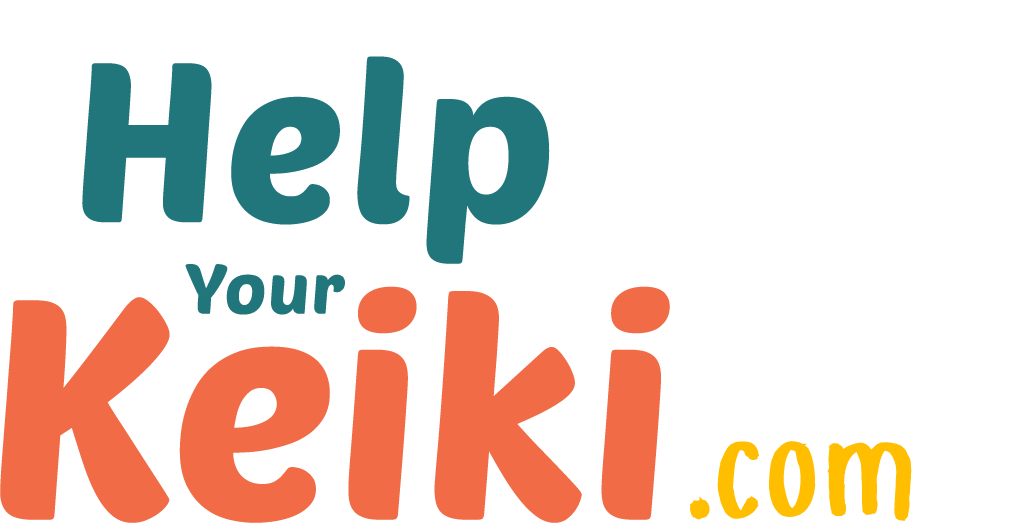It’s pretty easy to know when your child has a fever. A child’s mental health problem may be harder to identify, but you can learn to recognize the symptoms.
An important note for parents: It can be difficult to pinpoint which problem area is most relevant to your keiki’s symptoms. For example, sometimes trauma looks like anxiety. By contacting a qualified behavioral healthcare provider, you can ensure your child’s mental challenges are accurately identified and treated.
Anxiety
Types include: panic disorder, obsessive-compulsive disorder, post-traumatic stress disorder, etc.
Attentional
Is it hard for your child to sit still? Does your child act without thinking first? Does your child often start but not finish things?
Autism
Autism is a disorder that is usually first diagnosed in early childhood.
Depression
It's more than just a feeling of being "down in the dumps" for a few days. It is a disorder of the brain.
Disruptive
Disruptive behavior disorders are among the easiest to identify of all co-existing conditions.
Eating
Girls are more likely than boys to have eating disorders. They usually start in the teenage years.
Elimination
Does your child seem too old to have toileting accidents? Is your child urinating or having a bowel movement at inappropriate times and places?
Mania
Moodiness and tantrums are typical for children, but if these issues persist or become extreme it could be a sign of a serious mood disorder called Mania.
Substance Use
When do you need to ask for help for your child’s use of drugs or alcohol?
Suicidality
Know the warning signs for suicidality and risk factors to protect your keiki.
Trauma
Major psychological and emotional events may contribute to the development of trauma-related disorders.
We Welcome Your Feedback
In order to improve the content of Help Your Keiki, we would love your feedback on the site. Follow the link for a quick survey!





















